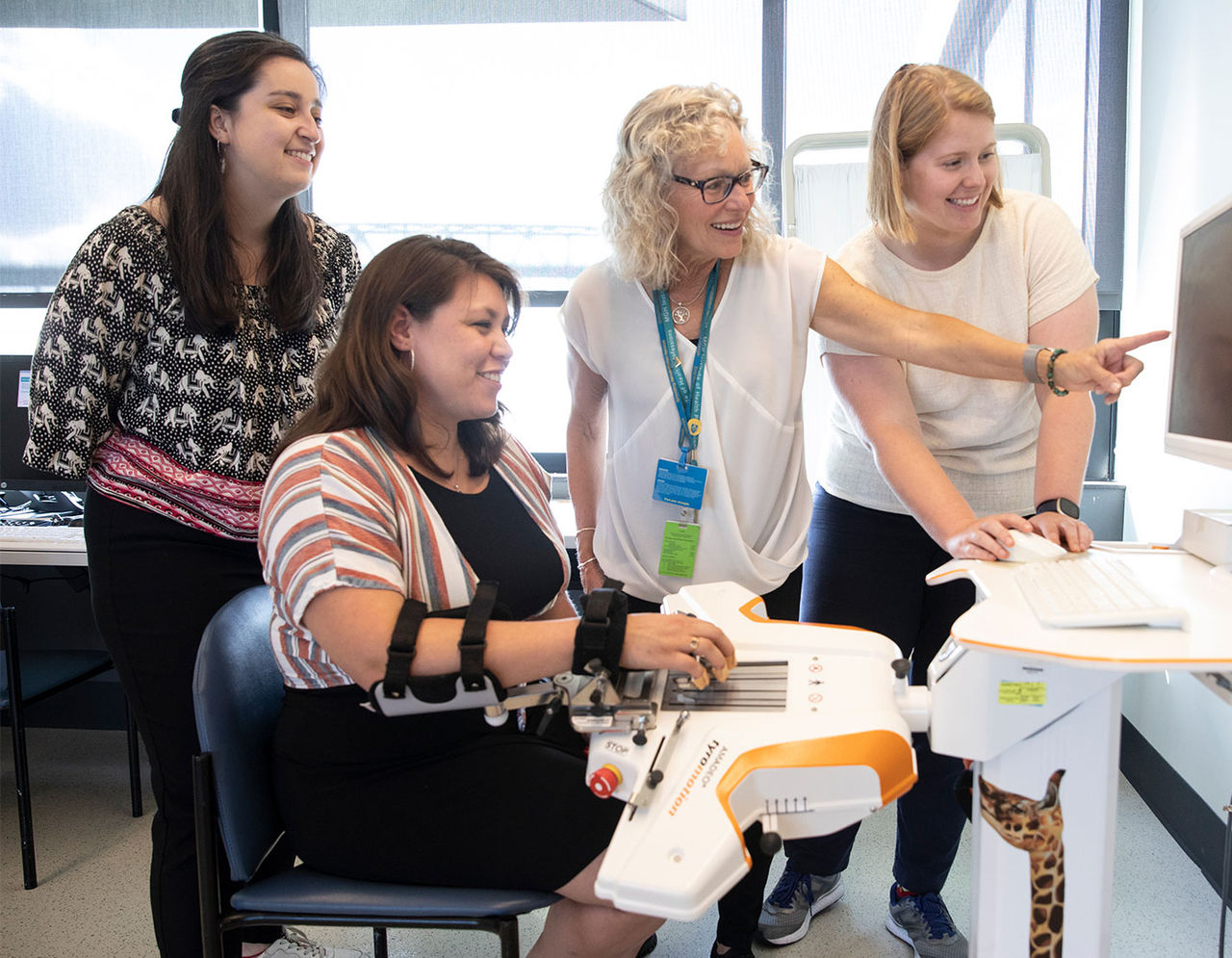-
- Find Care
-
- Visitor Information
- Find a Location
- Shuttles
- Visitor Policies
-
-
- Our Virtual Care Options
- Virtual Urgent Care
- Virtual Visits for Primary & Specialty Care
- Online Second Opinions
- Participate in Research
-
- Contact us
-
- For Innovators
- Commercialization Guide for Innovators
-
-
- Research News
- Alzheimer's Disease
- Artificial Intelligence
-
- Overview
-
- Overview
- Getting Started
- New to Mass General Brigham
- International Patient Care
- What Is Patient Gateway?
- Planning Your Visit
- Find a Doctor (opens link in new tab)
- Appointments
- Patient Resources
- Health & Wellness
- Flu, COVID-19, & RSV
- Billing & Insurance
- Financial Assistance
- Medicare and MassHealth ACOs
- Participate in Research
- Educational Resources
- Visitor Information
- Find a Location
- Shuttles
- Visitor Policies
- Find Care
-
- Overview
- Our Virtual Care Options
- Virtual Urgent Care
- Virtual Visits for Primary & Specialty Care
- Online Second Opinions
-
- Overview
- Participate in Research
-
- Overview
- About Innovation
- About
- Team
- News
- For Industry
- Venture Capital and Investments
- World Medical Innovation Forum (opens link in new tab)
- Featured Licensing Opportunities
- For Innovators
- Commercialization Guide for Innovators
- Contact us
-
- Overview
- Information for Researchers
- Compliance Office
- Research Cores
- Clinical Trials
- Advisory Services
- Featured Research
- Two Centuries of Breakthroughs
- Advances in Motion (opens link in new tab)
- Brigham on a Mission (opens link in new tab)
- Gene and Cell Therapy Institute
- Research News
- Alzheimer's Disease
- Artificial Intelligence
-
- Overview
-
- Overview
- Residency & fellowship programs
- Brigham and Women's Hospital
- Massachusetts General Hospital
- Mass Eye and Ear
- Newton-Wellesley Hospital
- Salem Hospital
- Integrated Mass General Brigham Programs
- Centers of Expertise
- Global & Community Health
- Health Policy & Management
- Healthcare Quality & Patient Safey
- Medical Education
- For trainees
- Prospective trainees
- Incoming trainees
- Current trainees
- Continuing Professional Development
- Education and Training
- MGH Institute of Health Professions
What we do
MGH Institute of Health Professions is a graduate school in Boston and is the only degree-granting affiliate in Mass General Brigham, New England's largest health care provider founded by Massachusetts General Hospital and Brigham and Women's Hospital.
It offers entry-level and post-professional programs in:
- Nursing/Nurse Leadership
- Communication Sciences and Disorders
- Genetic Counseling
- Occupational Therapy
- Physical Therapy
- Physician Assistant Studies
- Master of Health Administration
- MS in Healthcare Data Analytics
- PhD in Rehabilitation Sciences
- PhD and Master of Science in Health Professions Education
The MGH Institute is composed of the:
- School of Health and Rehabilitation Sciences (SHRS)
- School of Nursing (SON)
- School of Healthcare Leadership (SHL)
Integrating classroom learning with research and clinical experience, the Institute grants doctoral degrees, master's degrees, awards certificates of advanced study, and offers continuing education to practicing professionals, as well as to baccalaureate-educated individuals entering health care from another field.
The MGH Institute, which is accredited by the New England Commission of Higher Education (NECHE), has more than 1,600 full- and part-time students. Since its founding in 1977 by Massachusetts General Hospital as an independent, not-for-profit graduate school, it has produced 9,000+ graduates.
Academic accreditation
MGH Institute of Health Professions is accredited by the New England Commission of Higher Education (NECHE).
Accreditation of an institution of higher education by the Commission indicates that it meets or exceeds criteria for the assessment of institutional quality periodically applied through a peer review process. An accredited college or university is one that has available the necessary resources to achieve its stated purposes through appropriate educational programs, is substantially doing so, and gives reasonable evidence that it will continue to do so in the foreseeable future. Institutional integrity is also addressed through accreditation.
Accreditation by the Commission is not partial but applies to the institution as a whole. As such, it is not a guarantee of every course or program offered or the competence of individual graduates. Rather, it provides reasonable assurance about the quality of opportunities available to students who attend the institution.
In addition, the continuing professional development program at the IHP is jointly accredited by the Accreditation Council for Continuing Medical Education (ACCME), the Accreditation Council for Pharmacy Education (ACPE), and the American Nurses Credentialing Center (ANCC) to provide continuing education for the health care team.
